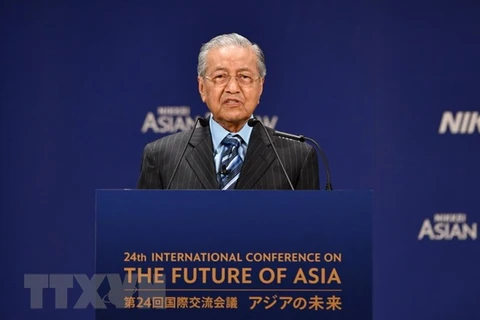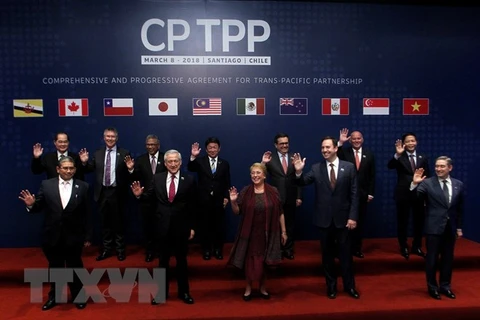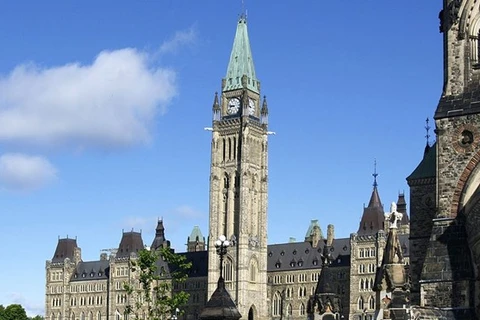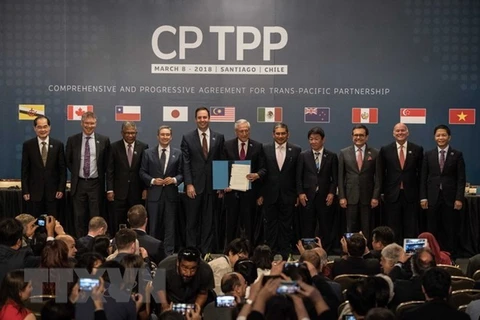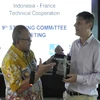Sydney (VNA) – The Australian Senate passed the Comprehensive and Progressive Agreement for Trans-Pacific Partnership (CPTPP) on October 17, making Australia the fourth signatory country to ratify the trade deal.
The CPTPP was passed by the Australian House of Representatives last month.
“It's a big, important day for businesses all around the country, and it’s the product of a Government that gets it,” Australia Prime Minister Scott Morrison told reporters in Canberra.
“It's a process our government was very committed to. When others said this couldn't be done, our government continued on and made sure we could connect Australia to half a billion consumers around the world and some almost 14 trillion USD worth of economies that are there that we can now access,” he added.
It is important that the agreement comes into effect this year, said Australian Minister for Trade, Tourism and Investment Simon Birmingham. “Because that’s going to give the maximum benefit to our exporters, to our farmers, businesses who rely on access to international markets for their goods, for their services, to be able to bring income back here to Australia.”
The trade deal is “about helping our small and medium sized businesses to be able to get the best possible access to new export markets so our farmers and businesses can create more income and more jobs for more Australians,” he noted.
According to the Government of Australia, this passage of legislation through parliament brings Australia one step closer to being part of the first group of countries to ratify the agreement.
The CPTPP is one of the most comprehensive trade deals ever concluded and strips 98 percent of tariffs for 11 countries with a combined GDP of more than 13.8 trillion USD and close to 500 million consumers, it said in a media release on October 17.
Australia is forecast to see 15.6 billion USD in net annual benefits to national income by 2030 from the agreement.
It is a renegotiated trade deal born out of the Trans-Pacific Partnership Agreement (TPP) after the US pulled out from the deal last year.
The revised pact was signed by the remaining 11 TPP member states, namely Australia, Brunei, Canada, Chile, Japan, Malaysia, Mexico, New Zealand, Peru, Singapore, and Vietnam in March 2018.
It will enter into force 60 days after at least six countries ratify the agreement. So far, Mexico, Japan and Singapore have completed their domestic processes while New Zealand, Peru and Canada are expected to pass it in the coming months.–VNA
VNA

